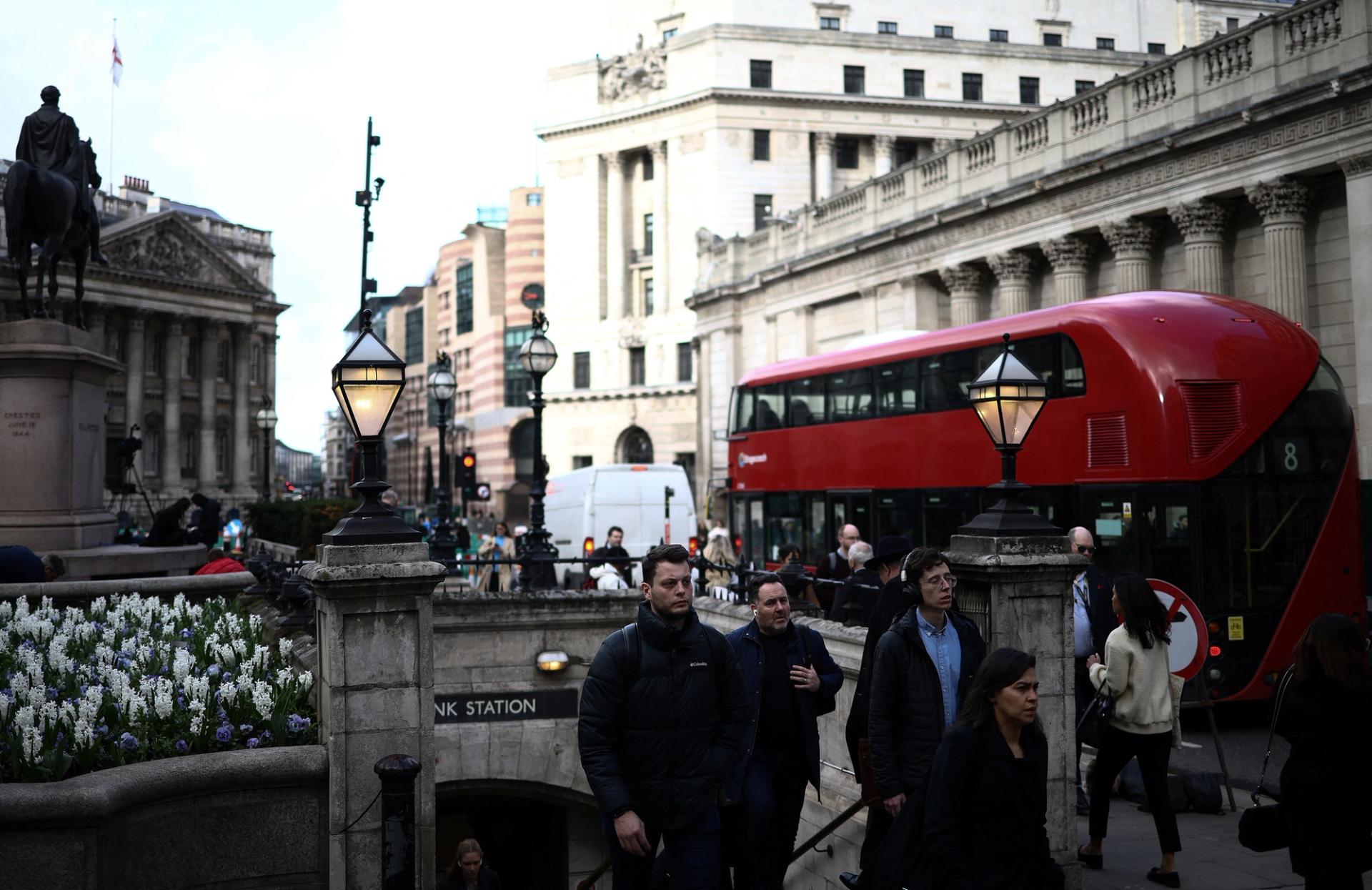The News
A U.K. court found Nigeria’s former deputy Senate president guilty of plotting to harvest a street trader’s kidney for his sick daughter, marking the first case of its kind under modern slavery laws.
Ike Ekweremadu, his wife Beatrice, and Dr. Obinna Obeta were convicted Thursday of conspiring to bring the 21-year-old man from Lagos to London, with the intent of exploiting him for his kidney.
The kidney was to be transferred to Ekweremadu’s daughter, who was cleared of her charges, the Independent reported.
In this article:
Know More
The street trader was offered an illegal reward of £7,000 ($8,600) and the promise of a new life in the U.K. if he donated his kidney to Ekweremadu’s daughter, Sonia, who is in need of a kidney transplant and relies on dialysis.
The family attempted to convince a London hospital that the man was her cousin.
The conviction marks the first of its kind under the U.K.’s Modern Slavery Act, a law which sets out guidelines for prosecuting human trafficking.
Alexander’s view
Ekweremadu’s status as a former high-profile senator in Nigeria means the case has been keenly followed since it began, and the U.K. court’s verdict could raise attention about the speed of justice for similar issues in the country.
“In Nigeria the case would probably never have gone to trial, and surely not this far, this fast,” Chidi Odinkalu, former head of Nigeria’s National Human Rights Commission, told Semafor. He said he wanted to read the jury’s instructions before speaking further on the matter.
A spokesman for the National Agency for the Prohibition of Trafficking in Persons, a government body that maintains a registry of trafficking offenders, said it had received information on the verdict but did not provide a comment.
Quoteworthy
In London Prosecutor Hugh Davies told the Central Criminal Court that Ekweremadu’s plan was “not simply expedient in the clinical interests of his daughter, Sonia, it was exploitation, it was criminal.
“It is no defense to say he acted out of love for his daughter. Her clinical needs cannot come at the expense of the exploitation of somebody in poverty.”
